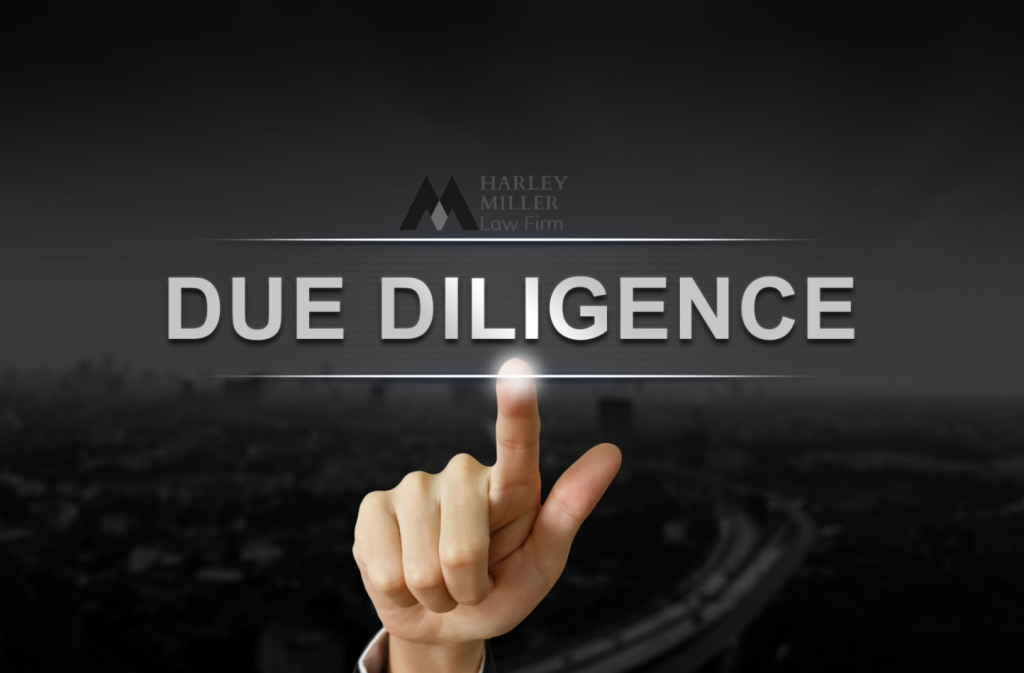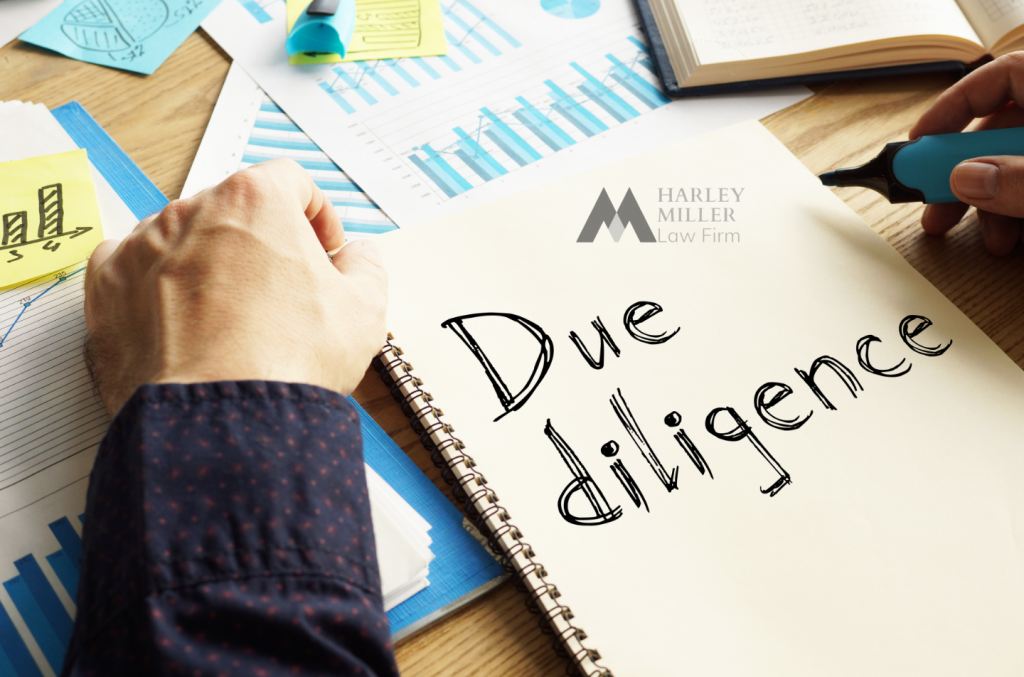Vietnam has become a prominent player in the region and has attracted foreign investment. However, along with the benefits that FDI projects offer, there are a number of persistent issues such as price transfer, tax evasion, environmental pollution, and technology transfer. To address these concerns, the Vietnamese government is increasingly focusing on due diligence and scrutinizing foreign projects to ensure they meet the necessary requirements. However, for investors looking to enter the Vietnamese market, this process can be an obstacle. Without a clear understanding of Vietnam’s FDI screening framework, there is a risk of encountering obstacles in pursuing successful market entry.

The inclination towards selecting FDI projects in Vietnam.
The host government must engage in a thorough examination of the fundamental elements of an FDI project to determine its viability, effectiveness, and practicability before making a decision to approve or reject the investment application. The evaluation process of investors and investment projects takes into account their legal status, financial capacity, alignment to overall planning, technological and technical relevance, as well as anticipated economic and social impacts.
To ensure that FDI projects are successful and that the host country benefits to the fullest, the Vietnam government has established specific criteria that take priority in the selection process. Under the guidance of the World Bank, the Ministry of Planning and Investment in Vietnam is in the process of developing a new FDI plan for the period of 2018-2023. This plan places greater emphasis on priority industries and the quality of investments rather than the quantity. The new draft seeks to attract foreign investment in high-tech businesses rather than labor-intensive industries.
Classification of FDI projects
The draft emphasizes the prioritization of FDI investments in both the short-term and medium-term. Specifically, industries with limited opportunities for competition will be given precedence in the near future:
+ Manufacturing/Production – Automotive and transport equipment OEMs and suppliers;
+ Environmental – friendly technology – Water conservation, Solar, Wind investments
Looking ahead in the long-term, the focus is on industries that prioritize the development of skills. These industries include:
+ Manufacturing – Manufacturing of pharmaceuticals and medical equipment
+ Services – Services include education and health services, financial services, and financial technology (Fintech)
+ Information technology and intellectual services.
Aside from prioritizing certain sectors, Vietnam also declines FDI proposals in industries such as oil refineries, cement, and steel-and-iron manufacturing. This is in line with Vietnam’s objectives for green growth.

The process of conducting due diligence for projects involving foreign investment
The general process involves basis components such as the following:
– Eligibility assessment:
The initial component of FISI specifies crucial prerequisites that any foreign investor considering business operations in Vietnam should fulfill and endorse in the course of project evaluation. These requirements have been formulated in line with Vietnam’s investment legislation. The assessment of eligibility encompasses various areas, including fundamental details such as location, business activity, and Central Product Classification (CPC) code, as well as compulsory inquiries such as:
+ Does the investor operate independently from a foreign government, without being a government-owned or government-controlled entity?
+ Does the proposed investment project align with the land use plans that have already been approved by the local government?
+ Is the plan for site clearance and resettlement in compliance with relevant laws, regulations, and local land use planning?
– Risk assessment:
The next step involves assessing the potential risks linked to the investment project and deciding if any necessary measures should be taken to mitigate them. It is crucial to conduct a risk assessment to provide local authorities with a comprehensive insight into both the investor and the project. Typically, this assessment covers economic, social, and environmental risks, and it entails asking various questions such as:
+ Can the investor’s past portfolio or current track record demonstrate prior experience in the proposed business activity or project?
+ Can the investor provide evidence of a sound financial footing for their business?
+ Has the investor ever faced allegations of non-compliance with legal regulations surrounding labor, health and safety, land and property, consumer, privacy, anti-corruption and anti-bribery matters, or any other laws regulating social impacts, in Vietnam or other countries?
+ Has anyone ever accused the investor of violating environmental regulations?
– Alignment assessment:
The third aspect evaluates the compatibility of the project with both global responsible investment standards and the priorities of local government in attracting investment. While these standards do not compel investors to comply with, they have to comply with to ensure that their investment in Vietnam fosters sustainable development and minimizes any harmful impacts on people and the environment. Adherence to these criteria establishes responsible investment practices for the investor, making the project eligible for local government incentives and support for FDI initiatives, as it can significantly advance local sustainable development. The alignment assessment also scrutinizes the three primary dimensions: economic, social, and environmental. Some of the questions include:
+ Is there a designated plan for the project to give preference to hiring residents from the commune or ward in which it is situated?
+ Will the project entail the transfer of any technology or production specifications to local suppliers?
+ Does the investor commit to adhering to international labor standards concerning working hours, rest periods, sick leave, and paid time off?
+ Will the investor implement effective procedures to monitor, prevent, mitigate, and remediate pollution of air, water, land, and soil?

Conclusion
In conclusion, any investor interested in doing business in Vietnam must conduct due diligence as an essential step. Strong due diligence is key to minimizing risks, enhancing business opportunities, and ultimately achieving a successful investment outcome. Furthermore, investors need to be precise and thorough in evaluating the legal, financial, operational, environmental, and social aspects related to the project. Additionally, by examining each of these areas diligently, investors can make informed decisions and mitigate any potential challenges or pitfalls that may arise. Additionally, working with local experts and engaging with stakeholders is crucial to obtaining accurate information and ensuring compliance with Vietnamese regulations, standards, and cultural norms. By implementing a comprehensive due diligence strategy, investors can make informed decisions and navigate the Vietnamese market with confidence and success.
HMLF is always available to offer assistance in understanding the procedures with authorities.

Harley Miller Law Firm “HMLF”
Head office: 14th floor, HM Town building, 412 Nguyen Thi Minh Khai, Ward 05, District 3, Ho Chi Minh City.
Phone number: +84 937215585
Website: hmlf.vn Email: miller@hmlf.vn





